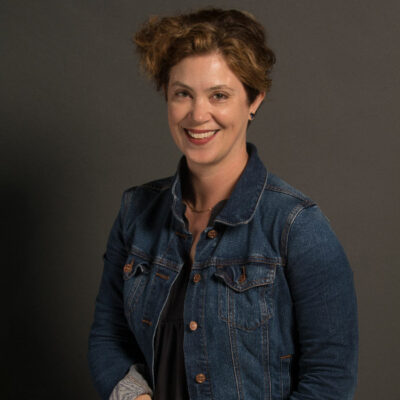Master of Arts (MA), Doctor of Philosophy (PhD)
The MA/PhD Program in Theatre, Dance & Performance Studies at York University emphasizes our collective interest in theatre, dance, performance, and cultural politics.
For us, this means teaching classes that explore performance both onstage and in everyday life in order to highlight the cultural, political, material, and ideological dimensions of performance practices, past and present. Studying performances across a broad range of cultural contexts--in theatres, galleries, rituals, the media, the streets, the political arena, mass spectacles, interpersonal interactions, etc.--helps to capture performance's potential to frame critically nuanced responses to public events, and thus to model politically and ethically engaged forms of public life.
Important: Please be advised that our international student acceptance rate is extremely low and we may not accept international MA applications every academic year.
Quick Links
- Academic Important Dates
- FGS Forms
- Wellness & Counselling
- FGS Events Calendar
- Department of Theatre
- School of the Arts, Media, Performance and Design
Theatre, Dance, and Performance Studies at a Glance
Theatre
Dance
Performance
Cultural Politics
Featured Faculty
Student Testimonial
Rajat Nayyar was inspired by his grandmother’s teachings, to explore women’s vocal traditions in rural India for his doctoral research. Situated at the intersection of performance studies and audiovisual anthropology, his project reveals how women use their voices as a form of activism and resistance.

Learn More
The Graduate Program in Theatre, Dance & Performance Studies at York is an exciting environment to pursue innovative, socially engaging, career-ready education. Contact our Graduate Program Assistant to learn more.





